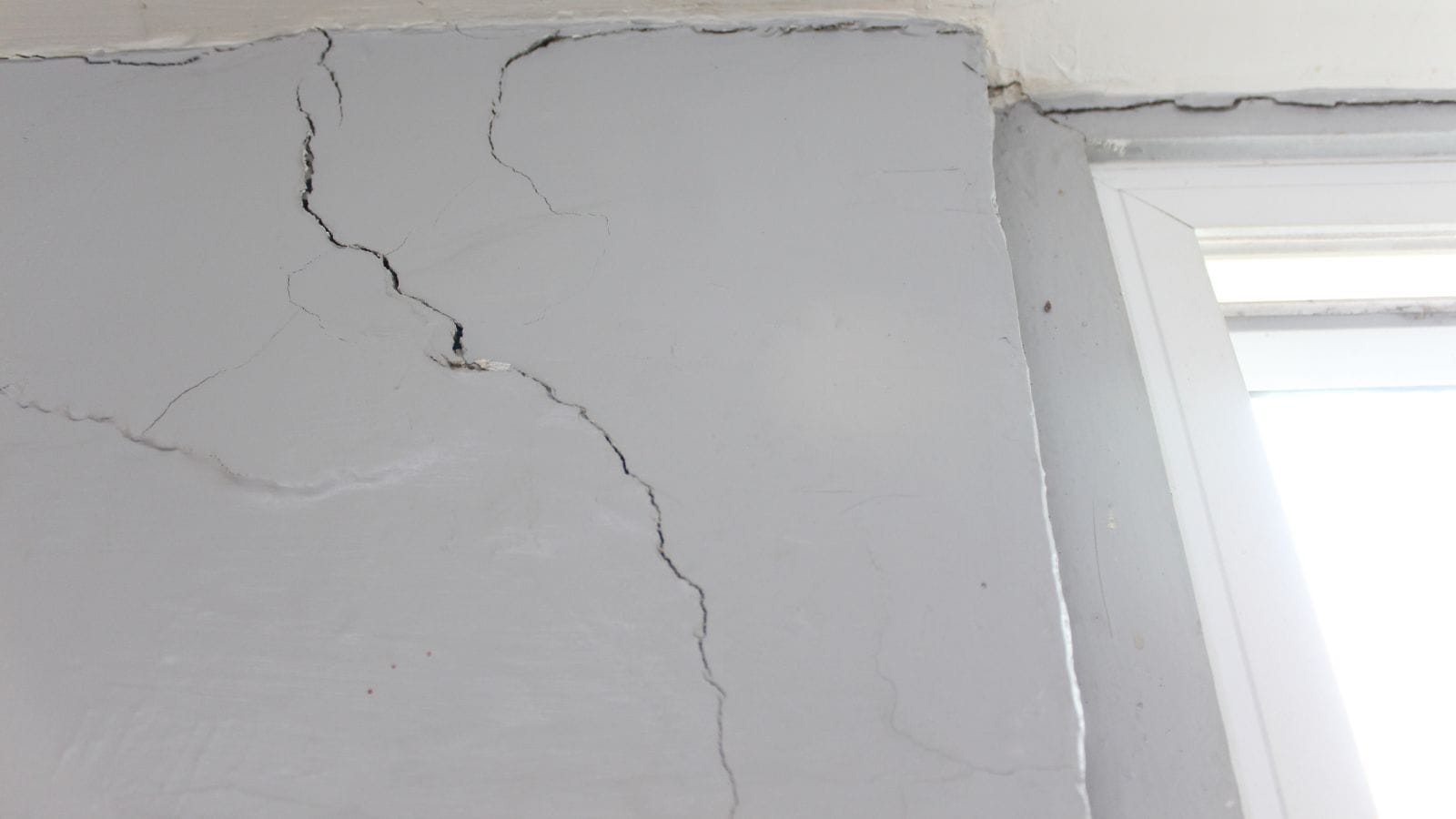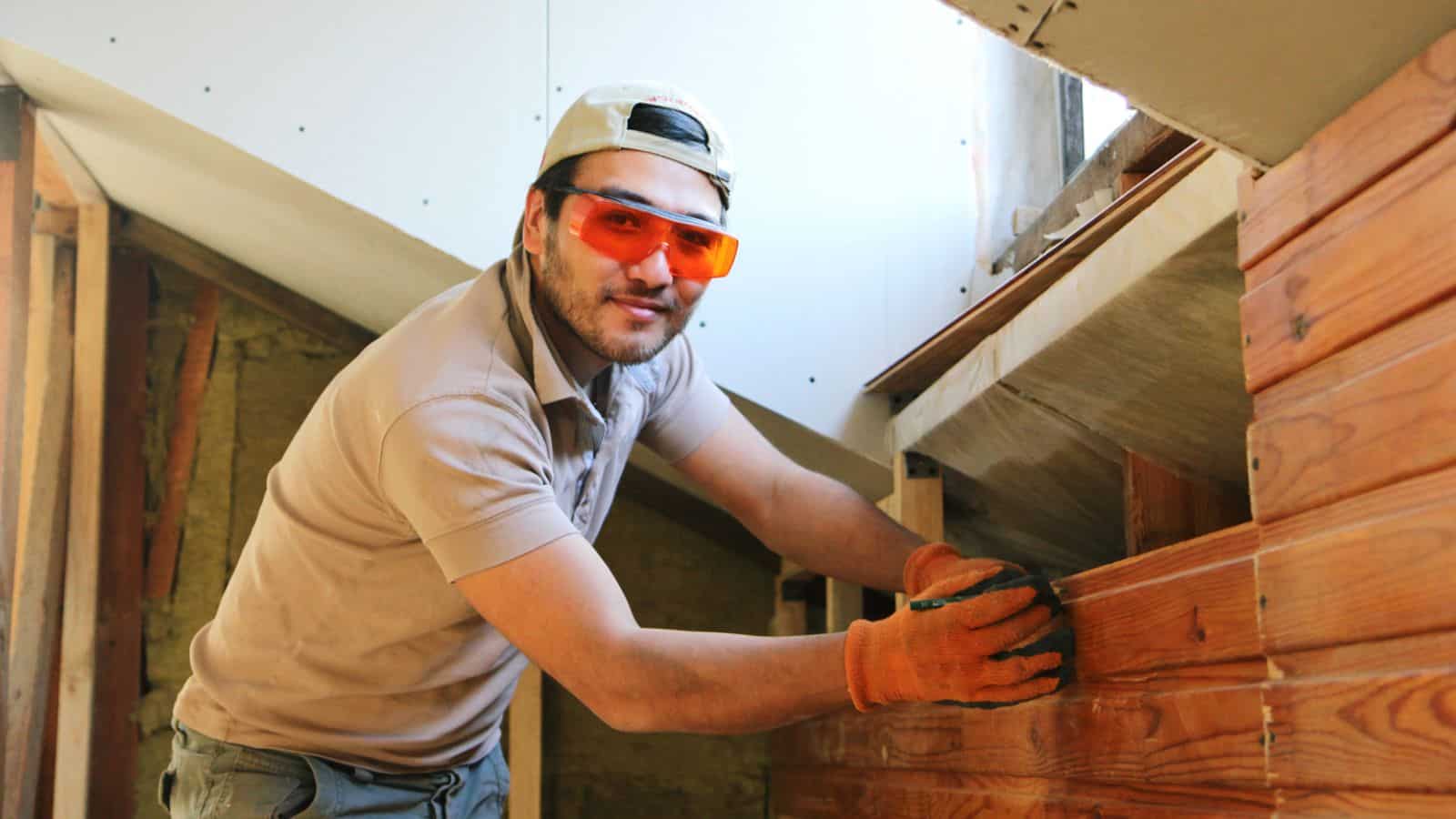Selling a house can be an exciting time of change, but it’s also often extremely challenging, requiring patience, flexibility, and careful planning. One mistake can cost you time, money, or both! Here are 17 mistakes many homeowners make when selling their homes and how to avoid them, ensuring you get the most money for your property quickly and with minimal stress.
Incorrect Pricing

You need to get an accurate, realistic home valuation to avoid over-valuing or under-valuing it. If you price your home too high, it will linger on the market and put off potential buyers. Price it too low, and you’ll be bombarded with viewings and end up losing money. Always get professional help—a qualified real estate agent will determine a fair market value.
Not Making Repairs

Even if the asking price reflects your home’s condition, potential buyers will be put off by things like a leaky roof, faulty electrical wiring, or a cracked foundation, and they may even avoid houses that aren’t key-ready due to cosmetic imperfections or minor problems. Fix these issues first to make the best impression and avoid unnecessarily reducing your home’s value.
Forgetting Curb Appeal

The NAR says that 92% of realtors advise improving how your home looks from the street before selling it. First impressions are incredibly important, and many potential buyers make a decision about the home at first sight. Pay attention to landscaping, trim overgrown bushes, and keep your lawn looking green and cut. Painting your door, fences, and mailbox can also help.
Not Staging Your Home

Your home doesn’t need to look like a Magazine photoshoot, but it does need to be a place that other people can envision themselves living in. If it’s cluttered with evidence of the current owners or the decoration is excessively personalized or themed, buyers will be deterred. Instead, declutter by packing away personal items and extra furniture and consider some neutral decor.
Hiding Defects

It might be difficult to admit the negative aspects of your home, but failing to do so could make you seem untrustworthy or even lead to legal ramifications. If there’s a known defect, either fix it yourself beforehand or be honest about it—this will stop buyers from questioning the rest of the house when they inevitably find out and also stop them from suing you later!
Choosing the Wrong Real Estate Agent

A good agent can make all the difference in the selling process, so try to choose one who has experience selling your type of property and knows the local area and current market well. An inexperienced or incompetent agent might undervalue your home, fail to market it effectively or struggle to negotiate on your behalf, leading to less-than-ideal outcomes.
Being Inflexible with Showings

Your life may be busy but don’t forget that potential buyers also have strict schedules and might have genuine reasons for requesting to view your home at certain times. ResMedia says being flexible can significantly increase the number of viewings your home receives, boost the amount of interest it gets, and paint you as a reasonable and flexible person from whom to buy a house.
Not Being Prepared for Negotiations

Unless you absolutely state that the price is final, be prepared for buyers to make offers below your asking price. This is a normal and expected part of property selling, and you shouldn’t take offense or be overly dismissive. If the offer is too lowball, suggest a higher price that you’d be happy with, but don’t get defensive or angry—for very low offers, a polite “no thanks” will suffice.
Letting Emotional Attachment Take Over

Selling a house can be emotional, especially if you’ve lived there for many years or raised a family within its walls. But remember that this extra ‘value’ doesn’t exist for anyone except you, and new buyers won’t cherish the home like you do, at least not until they’ve lived in it for a while. View your home as an asset, not a beloved keepsake, and avoid making emotional decisions.
Micromanaging Your Agent

If you don’t trust your realtor, get a new one. If you do, let them do their job and respect their suggestions. Although you have the final say about who buys your home and what price is acceptable, constantly micromanaging your agent can make their efforts futile and hinder your working relationship. Communicate openly without interfering in day-to-day tasks like marketing and viewings.
Not Getting Mortgage Pre-Approval

Most sellers will need a mortgage to buy their next home, so don’t forget this as you try and sell your home. It’s best to get pre-approval for your estimated budget and start thinking about which properties you might be interested in buying even before your house is sold. A pre-approval letter can also prove your intention to sell and strengthen any offers you make as a buyer.
Neglecting Major Expenses

As well as the cost of staging, landscaping, and repairing your property, Realtor.com warns that you’ll need to budget in capital gains taxes and closing fees. Don’t see the selling price as money that is automatically all yours to spend on another property, as this will leave you financially stretched and, possibly, unable to afford the next home you’ve committed to.
Rushing the Closing Process

Closing on a house is a complex legal process that can rarely be rushed without risking significant oversight. Always read all the documents and contracts before signing, and don’t be afraid to point out inaccuracies or make corrections. Ask questions if you don’t understand something, and don’t be afraid to postpone closing if you feel it’s necessary.
Failing to Disclose HOA Fees

Any potential buyer needs to be fully aware of the costs involved in taking on and living in your home, including any Homeowner Association fees and rules. You cannot hide such costs, and you shouldn’t try to, or else buyers may think you are untrustworthy or back out on a sale, costing you valuable time and money. Always be honest so buyers can make an informed decision.
Not Having a Backup Plan

Even the most well-planned sale can fall through at the last minute due to unforeseen circumstances, so always be prepared for the worst. This is especially important if you’re buying a new home and expect to vacate the sold house and go straight to the new one. Without a backup plan, you may be forced to delay the sale to avoid temporary homelessness.
Forgetting to Forward the Mail

In the excitement of moving, it’s easy to forget mundane details like updating your mailing address, canceling utilities, and forwarding your mail. This can lead to overdue bills, lost documents, and unwanted calls from the new owners about mail piling up. File a change of address form with the United States Postal Service (USPS) well before your move.
Not Celebrating!

Selling a house can be a stressful experience, so once the process is finalized, don’t neglect to acknowledge your accomplishment and celebrate your success. Faster Capital suggests throwing a party and including all your friends and family, especially any who helped out during the process. If you prefer to stay low-key, a celebratory dinner or short vacation can also work.
Up Next: 17 Commonly Believed Myths About The Wild West That Are Actually False

The Wild West was a peculiar place to live in, for sure. But are the stories of gunslinging cowboys and superhero sheriffs true? Here are 17 myths about the Wild West you should stop believing today.
17 COMMONLY BELIEVED MYTHS ABOUT THE WILD WEST THAT ARE ACTUALLY FALSE
18 Signs Someone Has a Personality Disorder

Personality disorders are underdiagnosed because they’re often misconceived as people ‘being difficult.’ Society also tends to focus more on the symptoms of anxiety and depression that accompany personality disorders, neglecting the other signs. To promote understanding, here are 18 signs someone isn’t being difficult but has a personality disorder.
18 SIGNS SOMEONE HAS A PERSONALITY DISORDER
20 Reasons Why Older Couples Are Ending Their Relationships

As our society modernizes and normalizes separation for couples who feel unhappy or stagnated, even older couples are choosing to end their marriages in greater numbers. While staying “till death do us part” and spending your golden years with a life-long partner may be more traditional, here are 20 reasons why older people might now be choosing divorce instead.
